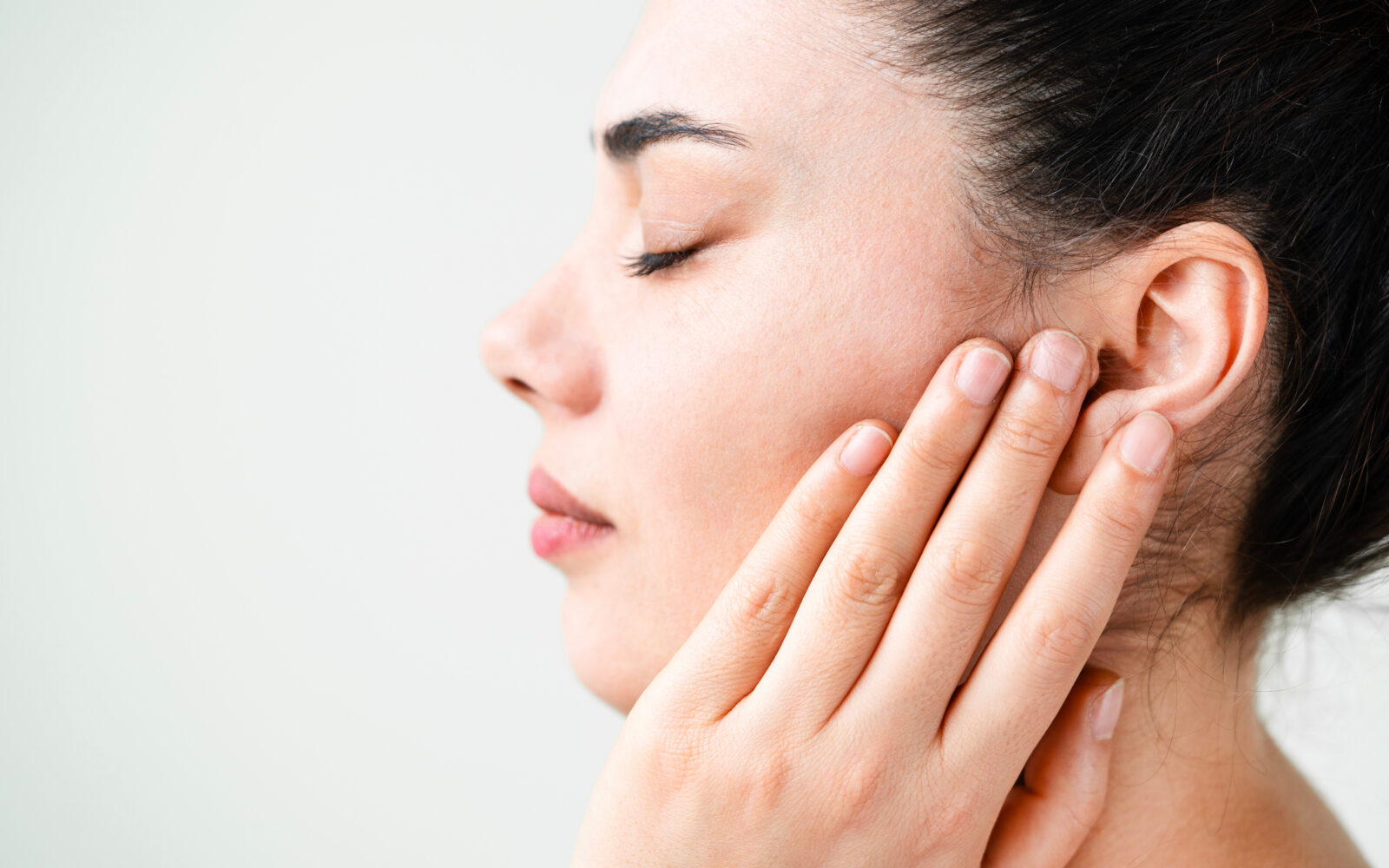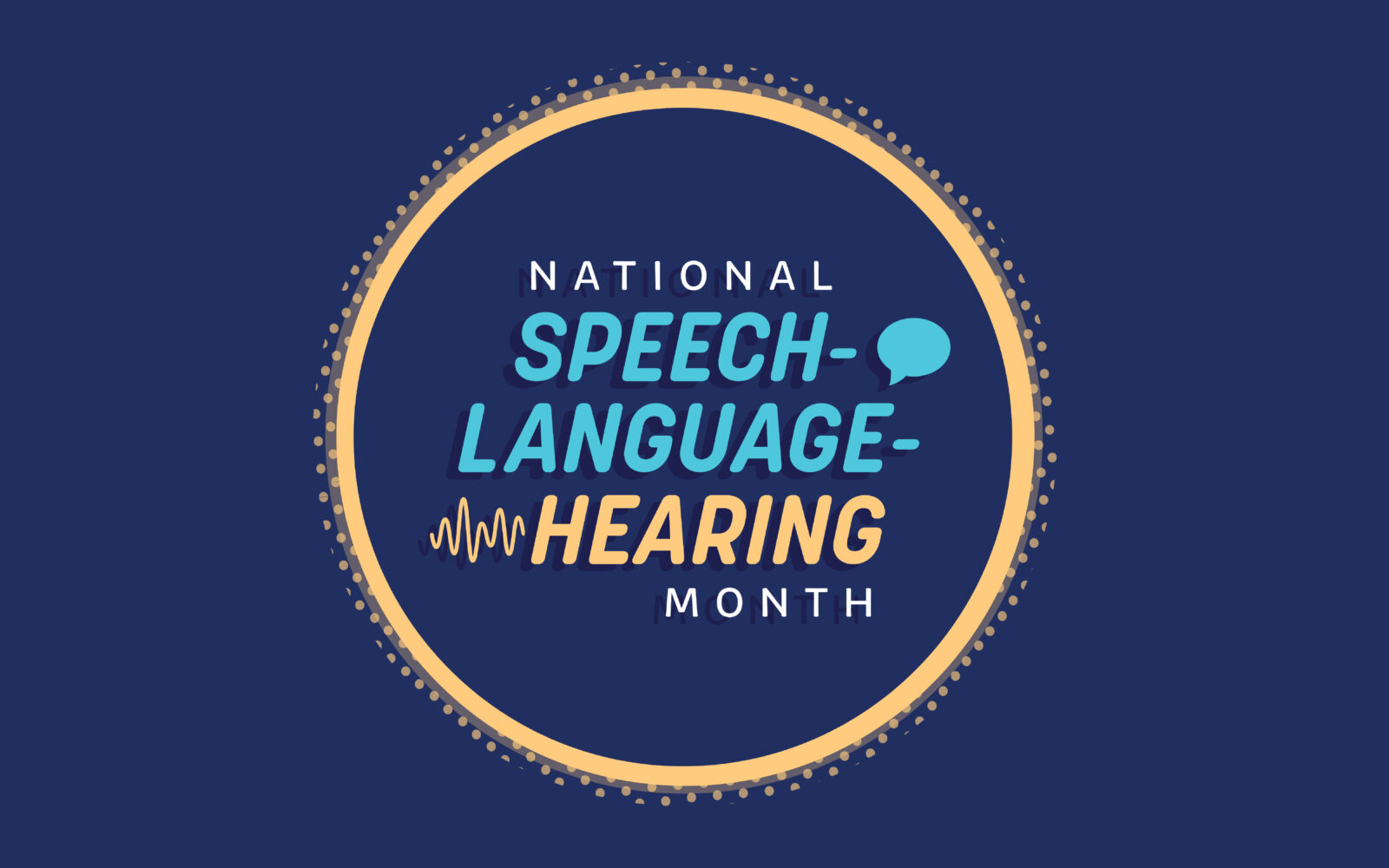Understanding Hearing Loss: Causes, Types and What to Do
Your ear is made up of three main parts: the outer ear, the middle ear,


Your ear is made up of three main parts: the outer ear, the middle ear,

Supporting Recovery One Word at a Time A stroke can impact many

Being in this field for more than 40 years, the phrase “National